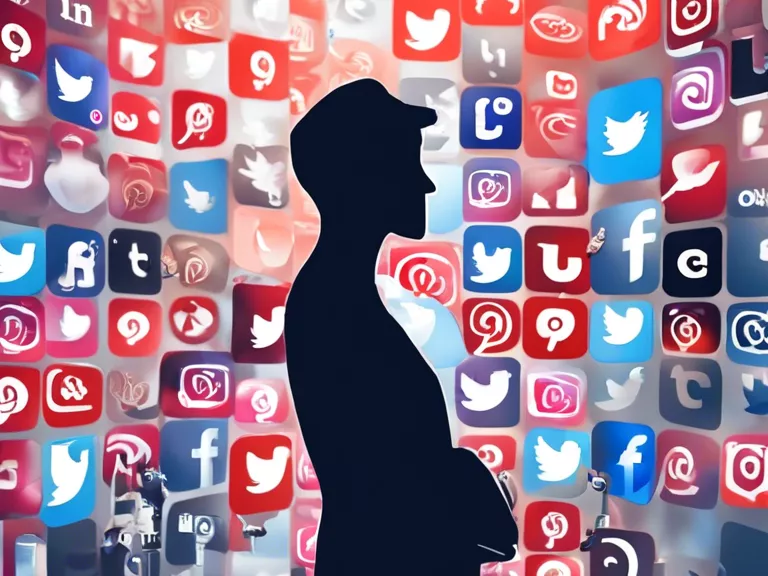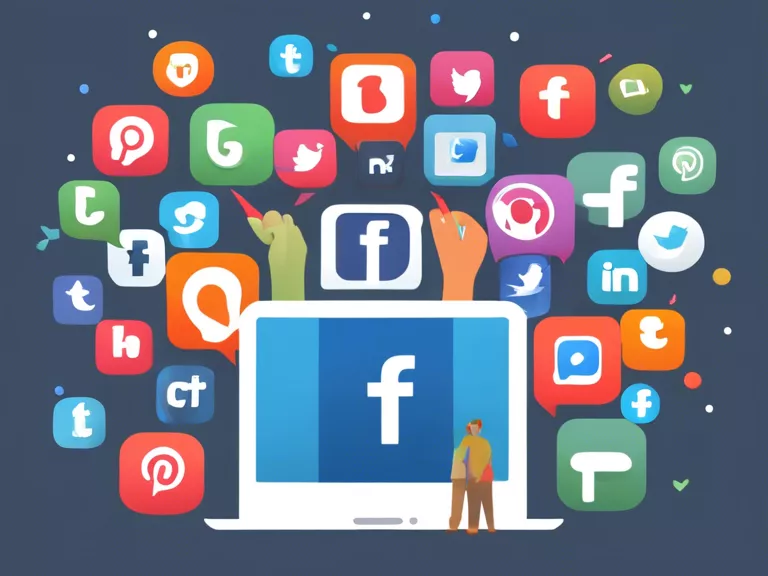
Social media influencers have quickly risen in popularity over the past decade, shifting from a niche market to a mainstream form of marketing. These individuals have the ability to sway the opinions and behaviors of their followers, making them a valuable asset to brands looking to reach a larger audience. Let's explore the evolution of social media influencers and how they have become an integral part of the digital marketing landscape.
In the early days of social media, influencers were typically individuals who had a large following within a specific niche. These influencers often focused on topics like beauty, fashion, food, or travel, and were able to connect with a highly engaged audience that had similar interests. Brands began to take notice of these influencers and started partnering with them to promote their products or services to their dedicated followers.
As social media platforms like Instagram, YouTube, and TikTok continued to grow in popularity, the reach of influencers expanded beyond niche markets. Influencers with millions of followers were able to reach a global audience, making them a powerful marketing tool for brands looking to increase their visibility and sales. Influencer marketing became a billion-dollar industry, with brands investing heavily in partnerships with popular influencers to reach their target demographic.
Today, social media influencers have become a mainstream form of advertising, with influencers of all sizes collaborating with brands to promote products and services. Micro-influencers, those with smaller but highly engaged followings, have also become popular with brands looking for a more authentic and personal connection with their audience. Influencers are now seen as celebrities in their own right, attending events, collaborating with major brands, and even launching their own product lines.
In conclusion, social media influencers have evolved from a niche market to a mainstream form of advertising, with brands investing heavily in influencer partnerships to reach a larger audience. These individuals have the power to sway opinions and behaviors, making them a valuable asset in the digital marketing landscape. As social media continues to evolve, influencers will play an increasingly important role in how brands connect with their audience.



